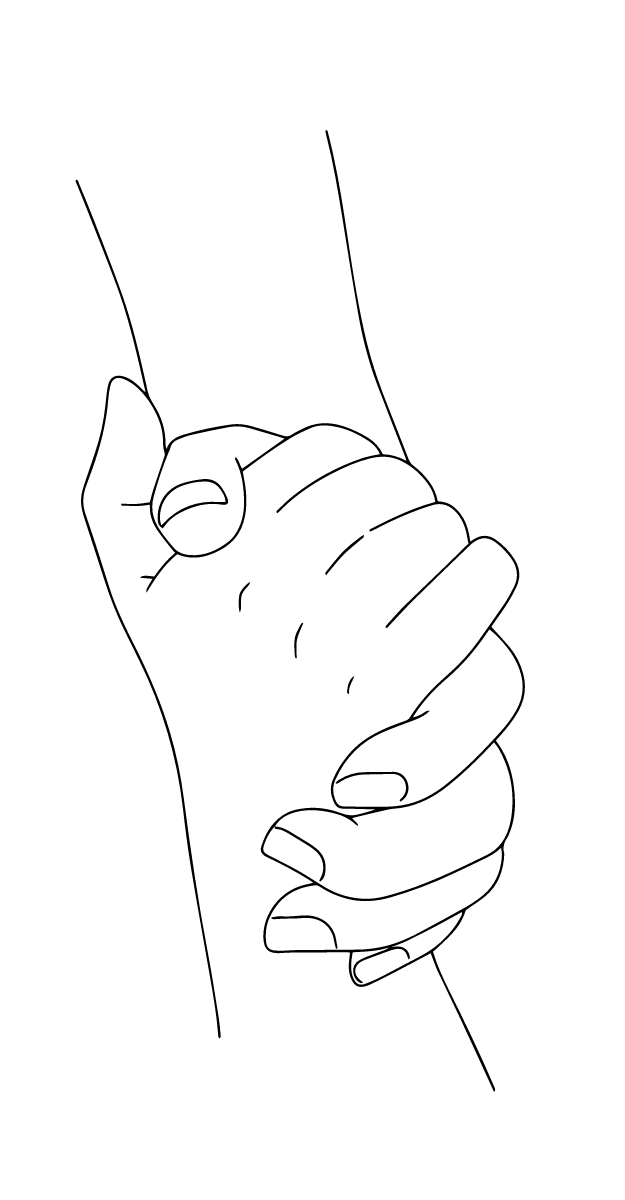Welcome to the weekly Fairer Disputations round-up: your one-stop shop for the best in sex-realist feminism. This week: Alex Byrne and Carole Hooven on “The Problem With Saying ‘Sex Assigned at Birth,’” Larissa Philips on responding to rape, Victoria Smith on interdependence, PCOS, perimenopause, what featured author Eliza Mondegreen is reading—and more!
The Problem With Saying ‘Sex Assigned at Birth’
At The New York Times, Alex Byrne and Carole Hooven argue that sex is a real, important category and using the phrase “sex assigned at birth” occludes this truth.

The shift to “sex assigned at birth” may be well intentioned, but it is not progress. We are not against politeness or expressions of solidarity, but “sex assigned at birth” can confuse people and creates doubt about a biological fact when there shouldn’t be any. Nor is the phrase called for because our traditional understanding of sex needs correcting — it doesn’t.
Alex Byrne and Carole Hooven
This matters because sex matters. Sex is a fundamental biological feature with significant consequences for our species, so there are costs to encouraging misconceptions about it.

For those dissatisfied with the advice offered by modern rape and trauma discourse, I offer the following alternative: Accept the awesome responsibility for your own personal security. Trust your instincts when they warn you of danger. If you are unlucky enough to be attacked anyway, fight like hell with everything you’ve got. If you are raped, go directly to the hospital for an examination and then file a police report. Pursue prosecution. Whether you resisted or not, know that it is never too late to fight to regain your whole self. And as you nurse your way through your recovery, bear in mind that you can take loving care of your wounded self at the same time as you seek to understand your experience with a rational, informed perspective.
Larissa Phillips
Toward Ruin or Recovery?
At Quillette, Larissa Phillips objects to feminist talking points about rape—using the story of her own rape and recovery as a touchpoint.
(Content warning: this piece includes an explicit description of rape.)
Matthew Parris and the Illusion of Independence
Finally, at The Critic, Victoria Smith responds to Matthew Parris’s article in favor of assisted death. We are none of us fully “independent,” and a flight from dependency is also a flight from our full humanity.

Parris pretends to be doing the hard, cold thinking so the rest of us softies, with our rose-tinted glasses, don’t have to. Nonetheless, I’d suggest his position is the cosseted, childish one. Most people know that care work is incredibly difficult, that an ageing population requires a reformed care system, that health isn’t assured at any life stage, that a drawn-out, painful death is something to be feared. There is nothing glamorous or affirming about severe illness. There should be more, not less, recognition of the costs — not just economic, but emotional — of caring for someone with extensive needs. Leaping straight ahead to “it’s all too much” is not brave.
Victoria Smith
More Great Reads:
- PCOS Symptoms Are Still Difficult for Doctors to Diagnose and Treat. Here’s Why. Caroline Hopkins, NBC News
- Perimenopause Has Brought Chaos to My Life – But Also Peace, Angela Garbes, The Guardian
- Marriage Should Not Be the Elephant in the Room, Ivana Greco and Amber Lapp, Institute for Family Studies
- How Colleges Turned Pink, Richard Reeves, Of Boys and Men
- Most Kids Don’t Need Therapy. They Need Healthy and Supportive Families, Serena Sigillito, Institute for Family Studies
What I’m Reading: Eliza Mondegreen
I’ve been revisiting George Eliot’s Middlemarch, that brilliant tapestry of provincial life in a time of great social change. I first read Middlemarch as a college student and filled the margins of the book with comments, so I bought a clean copy to help me read the book with fresh eyes. It is charming on a sentence-to-sentence level like nothing else and I’ve enjoyed revisiting the characters I fell in love with so many years ago, but I find myself more drawn this time to the ways people navigate change in the relationships they form, break, and sustain, their community, and within themselves.




